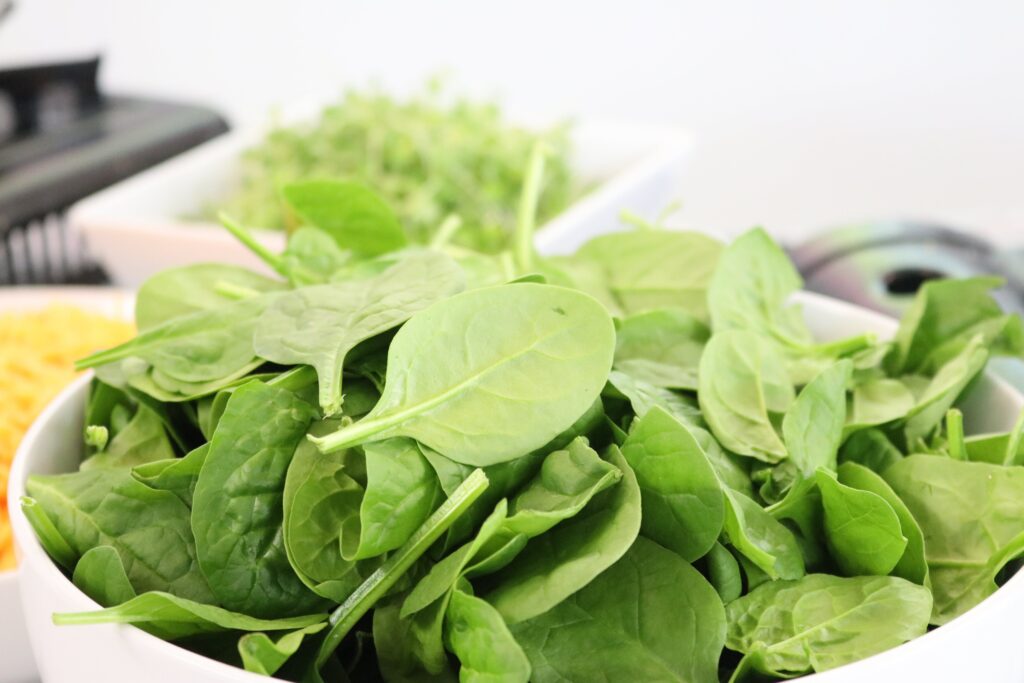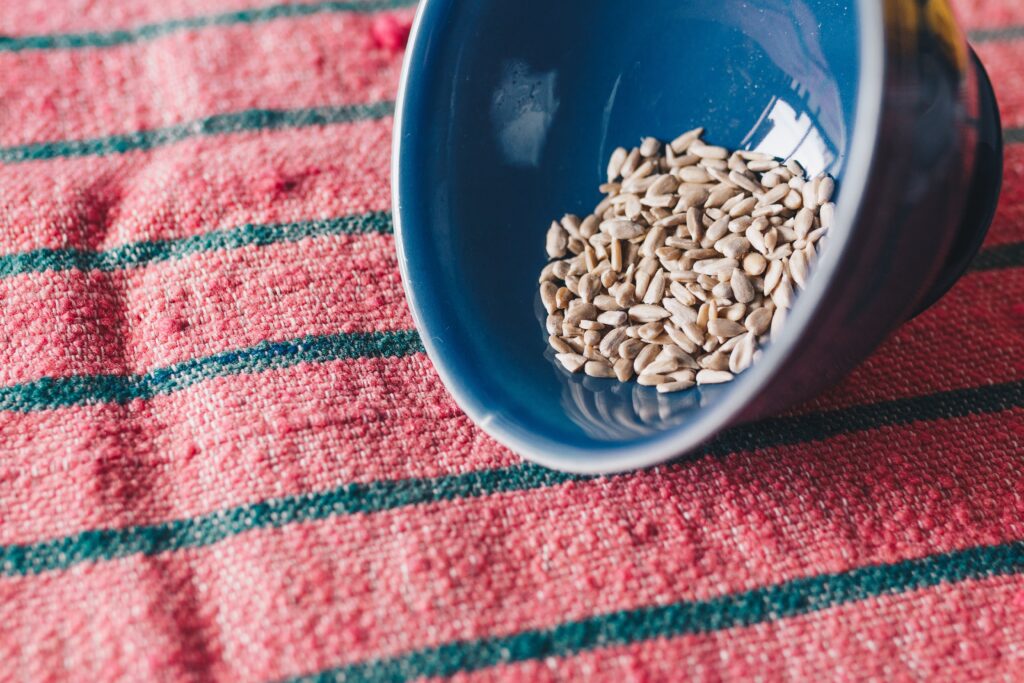The Best Vitamins for Women’s Health

In the pursuit of optimal health and well-being, women often find themselves navigating through a sea of vitamin supplements. The choices can be overwhelming, but understanding the specific needs of the female body can guide women towards the vitamins that offer the greatest benefits. In this comprehensive guide, we explore the best vitamins for women, covering their essential roles, dietary sources, and potential health benefits.
1. Vitamin D: The Sunshine Vitamin
Often referred to as the “sunshine vitamin,” Vitamin D plays a crucial role in women’s health. It is vital for the absorption of calcium, contributing to strong bones and teeth. Moreover, Vitamin D is increasingly recognized for its role in immune function, cardiovascular health, and mood regulation.
Dietary Sources: Fatty fish (like salmon and tuna), fortified dairy products, and sunlight exposure.
2. Vitamin B Complex: The Energy Boosters
Secondly, the B-vitamin complex, including B1 (thiamine), B2 (riboflavin), B3 (niacin), B5 (pantothenic acid), B6 (pyridoxine), B7 (biotin), B9 (folate), and B12 (cobalamin), is essential for energy metabolism, neurological functions, and red blood cell formation. Women, especially those of childbearing age, benefit significantly from B-vitamins such as folate, which helps prevent neural tube defects during pregnancy.
Dietary Sources: Whole grains, leafy green vegetables, nuts, seeds, dairy products, and lean meats.

3. Vitamin C: The Immune Booster
Known for its immune-boosting properties, Vitamin C is a powerful antioxidant that supports collagen formation, promoting healthy skin, blood vessels, and connective tissues. Additionally, Vitamin C enhances the absorption of non-heme iron (from plant-based foods), making it particularly important for vegetarian and vegan women.
Dietary Sources: Citrus fruits (oranges, grapefruits), strawberries, bell peppers, and broccoli.
4. Vitamin E: The Skin Saver
As a potent antioxidant, Vitamin E protects the skin from oxidative damage, contributing to a youthful and radiant complexion. It also supports immune function and helps maintain healthy eyes.
Dietary Sources: Nuts (especially almonds), seeds (like sunflower seeds), spinach, and vegetable oils.

5. Vitamin A: The Vision Guardian
Critical for vision, immune function, and skin health, Vitamin A is indispensable for women. However, it exists in two forms: preformed Vitamin A (retinol) found in animal products, and provitamin A (beta-carotene) found in colorful fruits and vegetables.
Dietary Sources: Carrots, sweet potatoes, spinach, kale, eggs, and liver.
6. Vitamin K: The Bone Builder
Vitamin K plays a crucial role in bone metabolism and blood clotting. For women, maintaining optimal bone density is particularly important to prevent conditions like osteoporosis.
Dietary Sources: Leafy green vegetables (kale, spinach), broccoli, and soybeans.

7. Vitamin B9 (Folate): Essential for Reproductive Health
Folate, also known as Vitamin B9, is especially important for women of childbearing age. Adequate folate intake before and during early pregnancy can prevent neural tube defects in the developing fetus.
Dietary Sources: Leafy greens, legumes, avocados, and fortified grains.
8. Iron: Vital for Energy and Blood Health
Iron is a crucial mineral, especially for women experiencing menstruation or during pregnancy. It is also essential for the production of hemoglobin, which transports oxygen in the blood, supporting energy levels.
Dietary Sources: Red meat, poultry, fish, lentils, beans, and fortified cereals.

9. Calcium: The Bone Strengthener
Calcium is paramount for maintaining strong bones and preventing osteoporosis, a condition more prevalent in women. Adequate calcium intake is vital throughout a woman’s life, starting from adolescence.
Dietary Sources: Dairy products, leafy green vegetables, fortified plant-based milk, and tofu.
10. Omega-3 Fatty Acids: Heart and Brain Health
While not a traditional vitamin, omega-3 fatty acids, specifically EPA (eicosapentaenoic acid) and DHA (docosahexaenoic acid), are essential for women’s heart health and cognitive function. Moreover, they play a role in reducing inflammation, improving heart health, and supporting brain function.
Dietary Sources: Fatty fish (salmon, mackerel), flaxseeds, chia seeds, and walnuts.

A Holistic Approach to Women’s Health
In conclusion, achieving optimal health for women involves adopting a holistic approach that includes a balanced diet, regular exercise, and essential vitamins and minerals. While these vitamins play critical roles in various bodily functions, it’s important to remember that they are most beneficial when obtained through a diverse and nutritious diet.
Before starting any new supplement regimen, it’s advisable for women to consult with healthcare professionals to ensure that their individual nutritional needs are met. By embracing a lifestyle that prioritizes nutritional balance, women can nourish their bodies, support their overall well-being, and thrive in every aspect of life.










